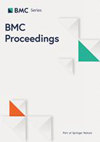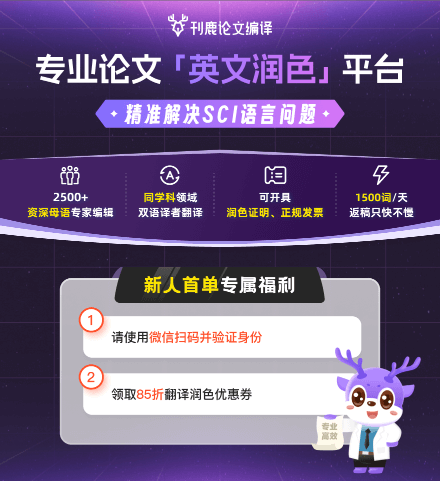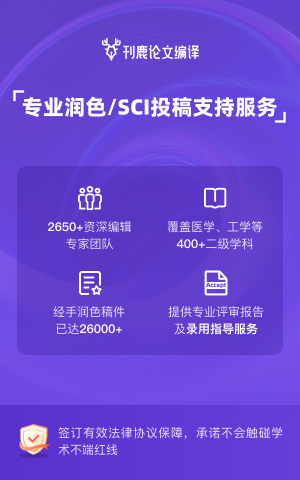Abstract:
BackgroundTo address an urgent need to advance the field of community engaged research, faculty at Vanderbilt University Medical Center and Meharry Medical College organized the national meeting Advancing the Science of Community Engaged Research (CEnR): Innovative & Effective Methods of Stakeholder Engagement in Translational Research, Washington, DC September 14-15, 2017 (See Additional file 1). These meetings brought together a diverse group of stakeholders to share community engaged research evidence and practical knowledge for implementing new and enhancing existing research programs. The conference series’ goals were: 1) to expand the scientific basis for the community engaged research field by convening researchers, community partners, patient advocacy organizations, and others to share innovative methods and strategies; 2) to engage community representatives and patient advocates in the development of new approaches in community engaged research by meaningfully involving them in the planning, as speakers and presenters, and as conference participants; and 3) to catalyze innovative community engaged research using interactive meeting methods that promote learning, support collective problem solving, and encourage new conceptual frameworks. These conferences have advanced community engagement across the translational research spectrum in biomedical research. For the 2017 meeting, described here, the overarching theme was Innovative and Effective Methods of Stakeholder Engagement in Translational Research.MethodsThe forum was attended by over 210 participants. This conference used novel approaches to fulfill its objectives of participant diversity, meaningful stakeholder engagement, and eliciting varied distinct perspectives to advance the science of community engaged research. Innovative strategies for the conference included: Think Tanks focused on emerging community engaged research topics or topics in need of urgent attention. These dynamic group sessions provided for freely sharing ideas with the purpose of creating change and facilitating new research collaborations. Learning Labs offered unique opportunities to gain practical knowledge regarding innovative methods in community engaged research. Learning Labs also\xa0facilitated the wide broadcast of locally successful engagement methods with the goal of speeding the uptake and implementation of community engaged methods. Travel Scholarships were provided for twenty community and patient representatives to participate in the conference. The lack of travel funds was a significant barrier to stakeholder participation in prior community engaged research meetings. The scholarships expanded the role of community and patient representatives in setting research priorities and promoting methods development. Meaningful Engagement meant that community members and patients participated in decision making on all aspects of the conference planning, including the selection of themes, topics, and speakers, and were fully integrated into the conference as speakers, panelists, and moderators.ConclusionsCommunity and stakeholder engagement can directly impact research by enhancing clinical trial design, increasing relevance, and increasing recruitment, accrual and retention (Staley K.: Exploring Impact: Public 53 Involvement in NHS, Public Health and Social Care Research – INVOLVE.; 2009, Johnson et al Clin Transl Sci 8:388-54 390, 2015, Joosten et al Acad Med 90:1646-1650, 2015). The 2017 Advancing the Science of Community Engaged Research meeting, Innovative and Effective Methods of Stakeholder Engagement in Translational Research facilitated meaningful engagement of diverse stakeholder groups including racial and ethnic minorities, community and patient representatives, and junior investigators. Of 210 attendees, 72 completed the evaluation, and, of those, 36% self-affiliated as community members, and 21% as patient/caregiver advocacy, faith-based, or tribal organization members. This conference 1) represented a step toward expanding the scientific basis for the community engaged research (CEnR) field; 2) catalyzed innovative community engaged research; and 3) enhanced the reach and impact of the scientific developments emerging from pioneering work in community engagement.















